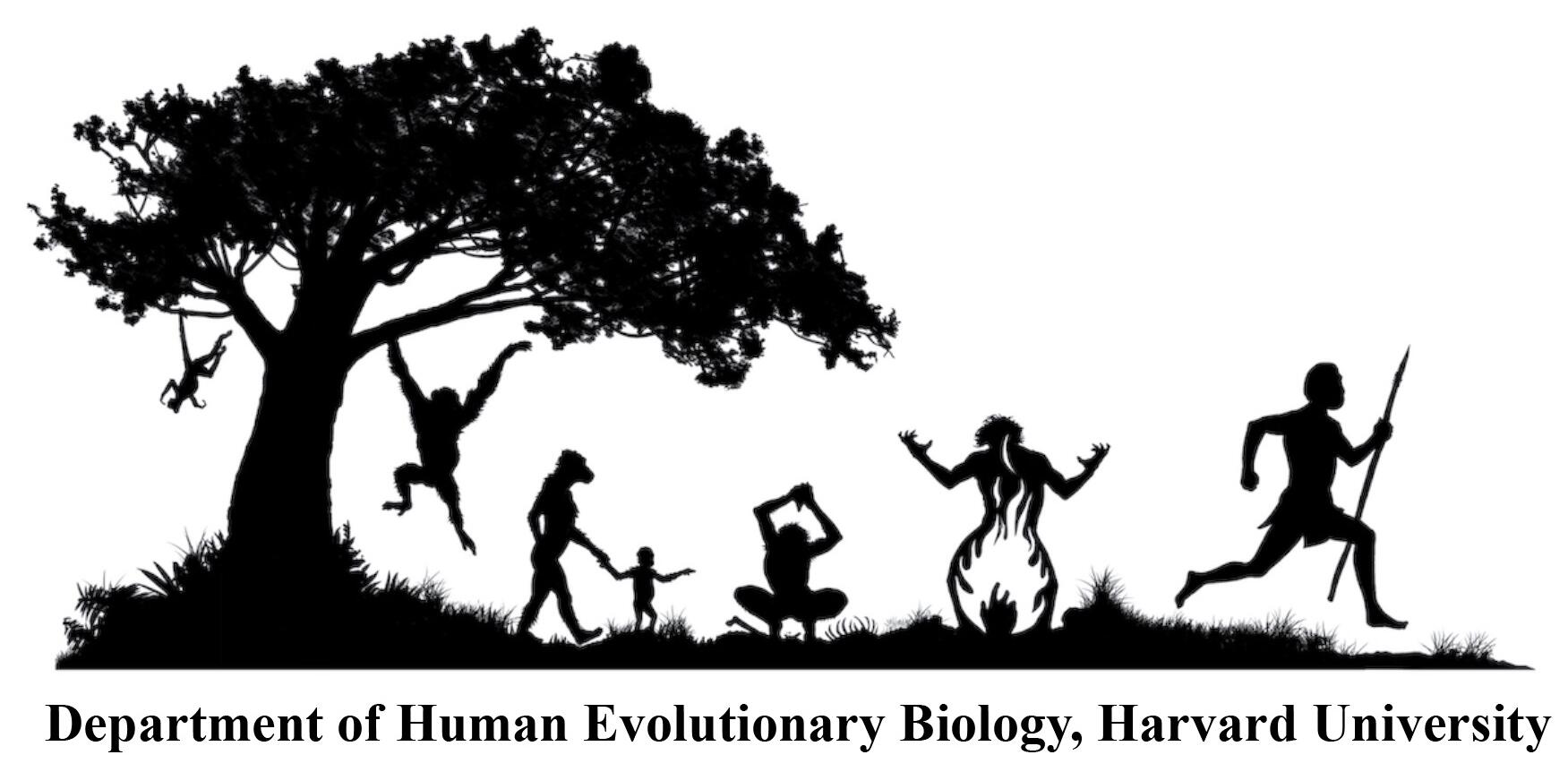Date:
Location:
Impacts of dietary fat type on energy gain in the human holobiont
A dissertation defense by Katia Chadaideh, PhD Candidate in HEB
Abstract:
While different dietary fat types exhibit strong associations with metabolic health, the underlying mechanisms that drive these associations are not well understood. One potential contributor to these differential metabolic effects is the gut microbiome. Recent research suggests that the gut microbiome responds rapidly and reproducibly to dietary shifts, including changes in total fat consumption, with downstream consequences for energy harvest and metabolic health. Therefore, in order to fully appreciate the metabolic impacts of dietary fat type, it is necessary to consider humans as holobiont systems comprised of both host and microbial metabolic inputs. To probe this holobiont paradigm at a mechanistic level, we implement a series of feeding trials in conventional, germ-free, and gnotobiotic mice that enable us to (1) investigate whether different dietary fat types alter host and microbial processes of fat metabolism, and (2) explore the extent to which the gut microbiome causally affects host metabolic outcome under different dietary fat conditions. Overall, isocaloric high-fat diets that vary in fat type significantly altered host and microbial contributions to adiposity, fatty acid absorption, bile acid profile, and inflammatory response, particularly when comparing saturated versus ω-3 polyunsaturated fat sources. These effects were not detected in germ-free mice, indicating that the absence of a gut microbiome negates differences in host metabolic status between fat types. Finally, gnotobiotic transplant experiments revealed that chronic saturated fat intake leaves a lasting effect on gut microbial contributions to host phenotype. Together, our findings illuminate the integral role of host-microbial interactions in fat metabolism for energy gain and inflammation. Such interactive pathways have likely shaped human adaptations to diet over the course of our evolution, and contribute to the rise of diet-associated metabolic disease in industrialized populations today.
